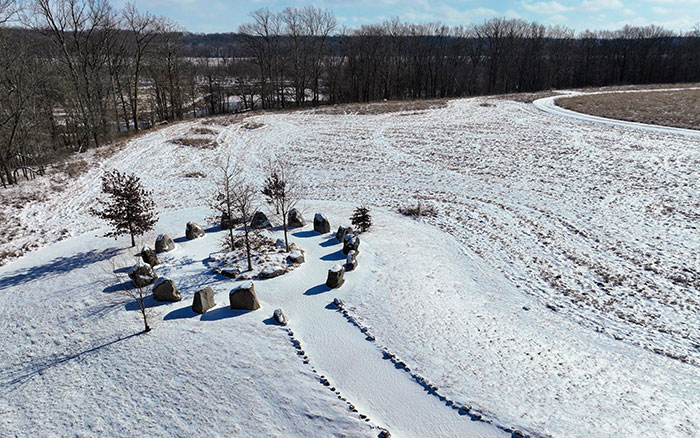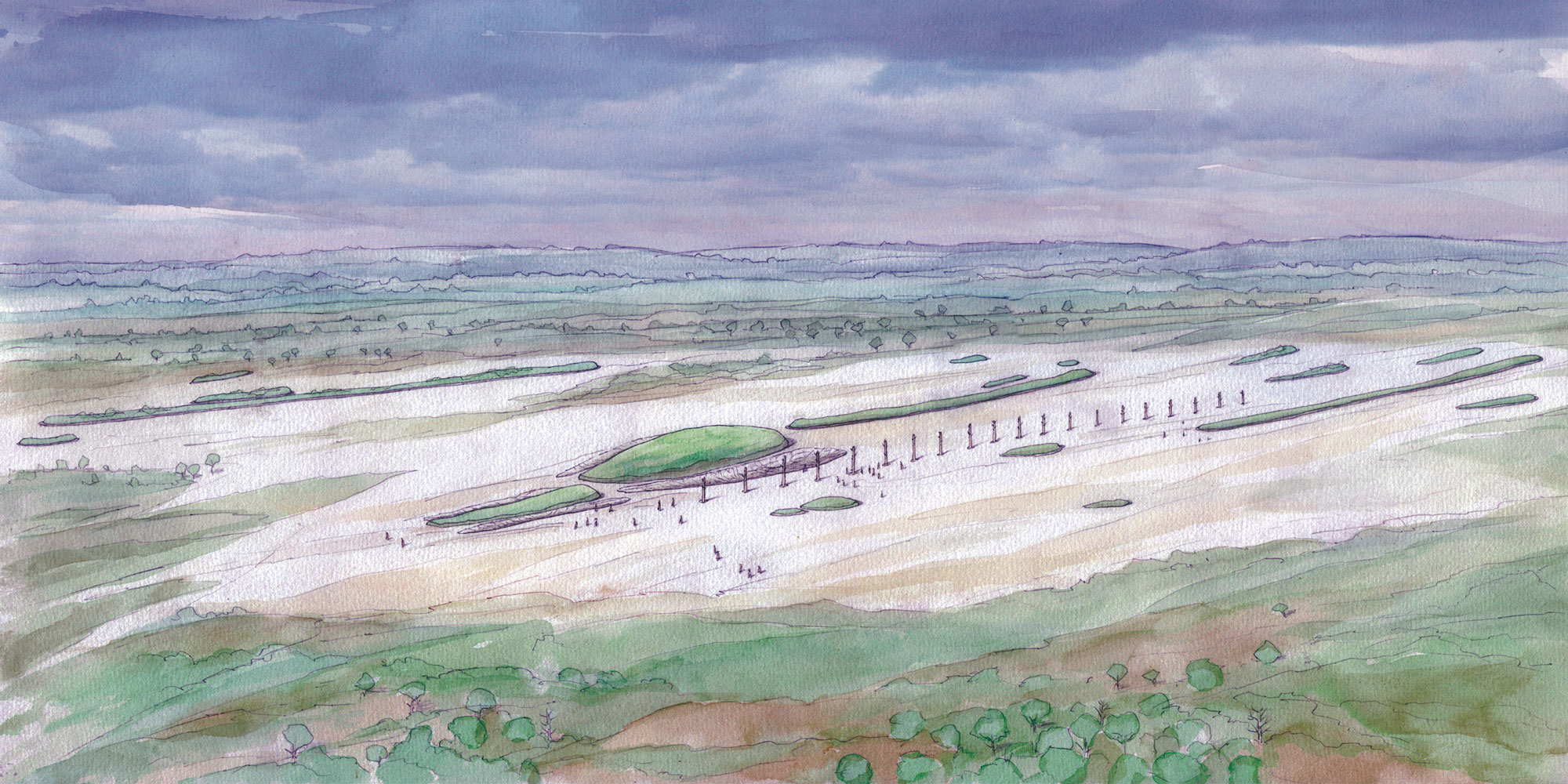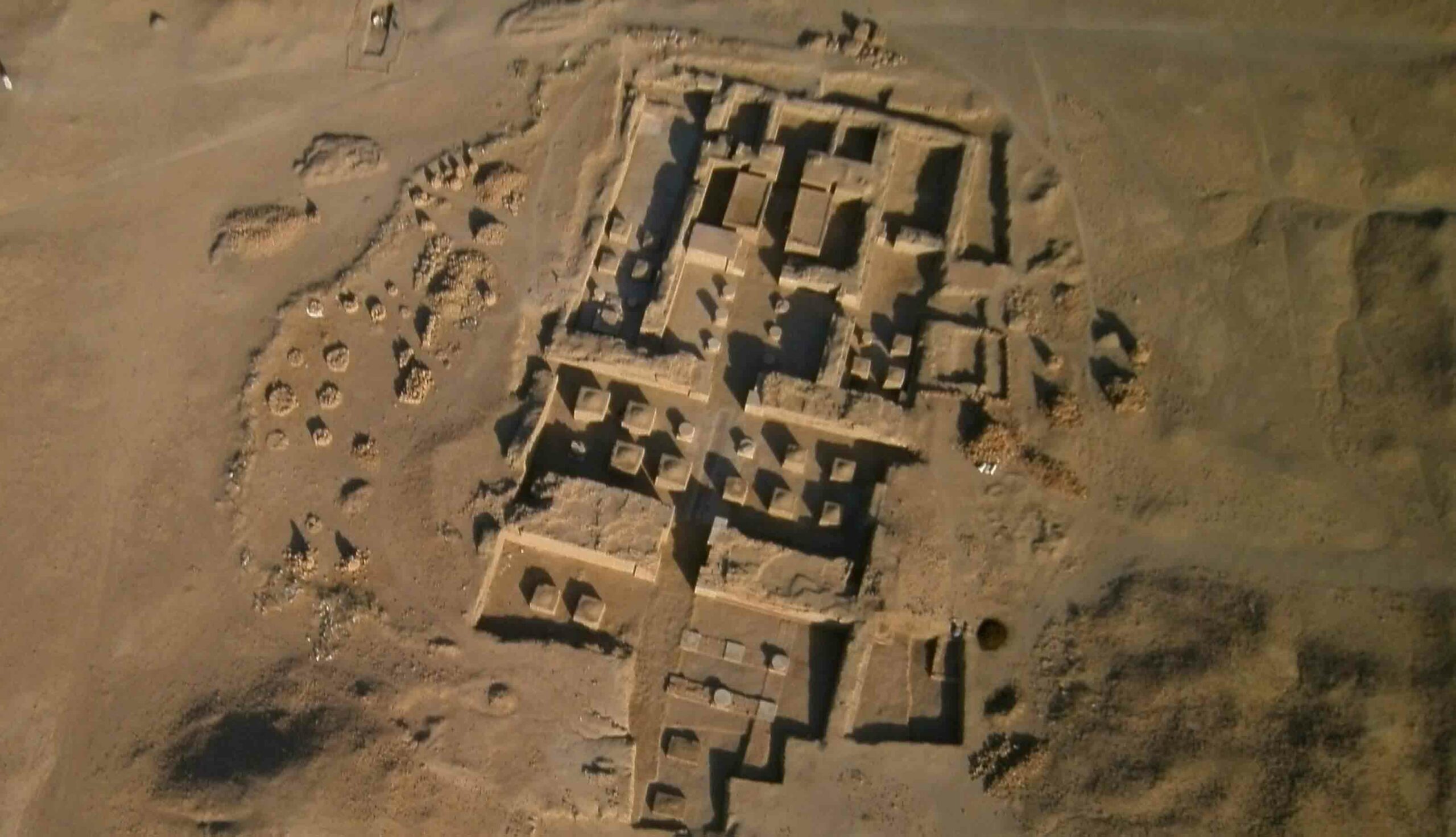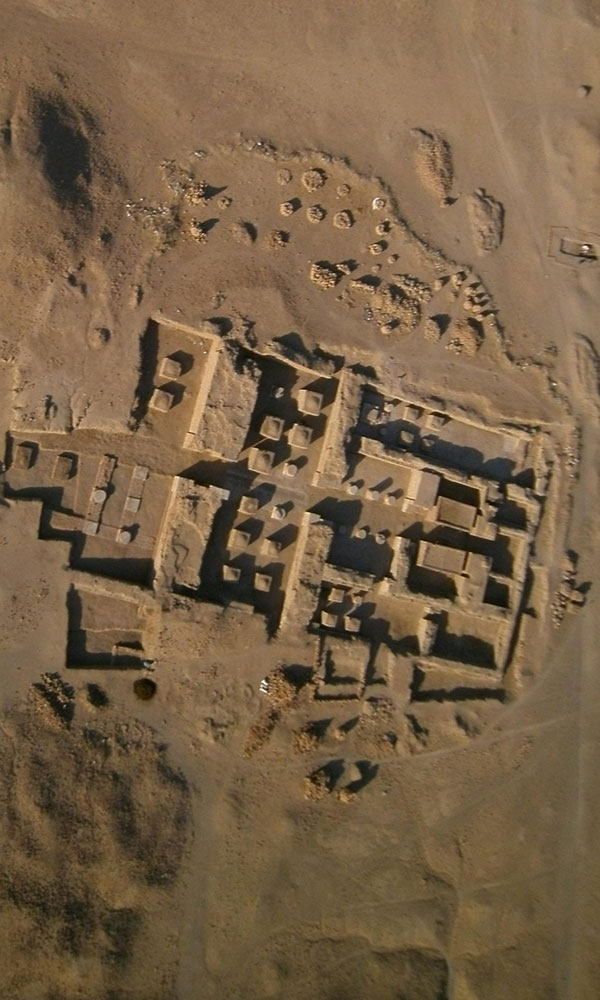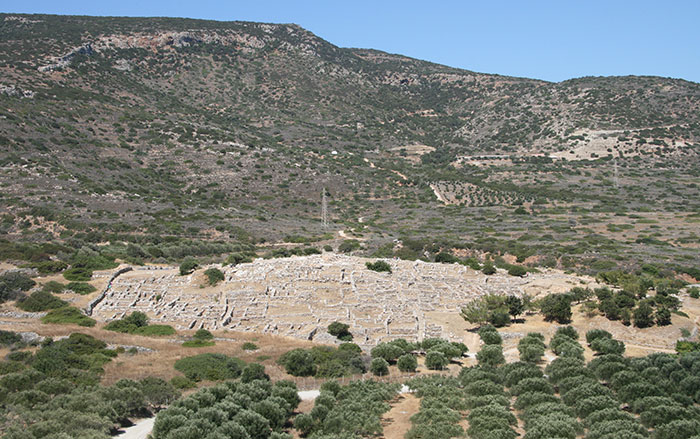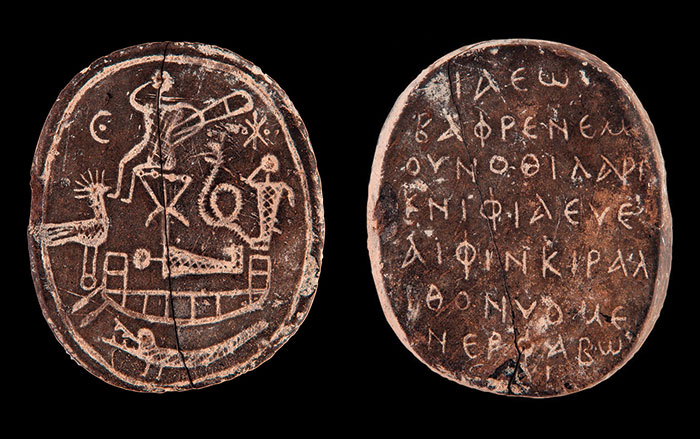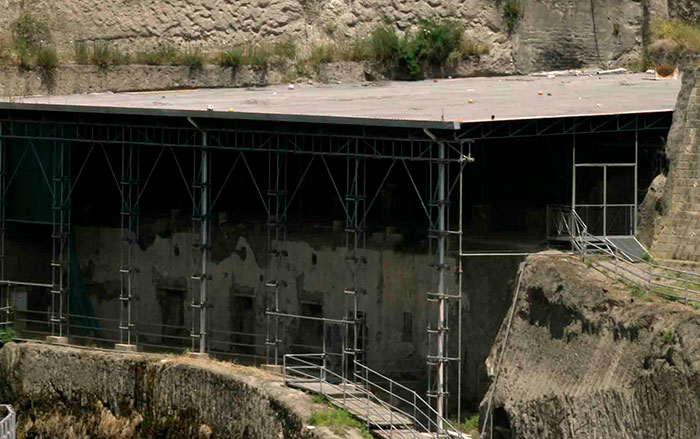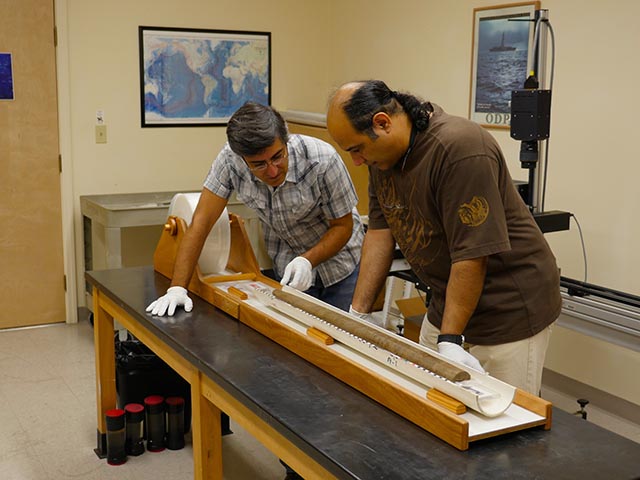
MIAMI, FLORIDA—Abrupt climate change may have affected some of the earliest civilizations in the Middle East and the Fertile Crescent, according to a study conducted by an international team of scientists led by researchers from the University of Miami’s Rosenstiel School of Marine and Atmospheric Science. The team made a high-resolution image of a sediment core taken from Neor Lake in northwest Iran that recorded conditions and changes in climate over the past 13,000 years, and measured the physical properties of its layers. “The high-resolution nature of this record afforded us the rare opportunity to examine the influence of abrupt climate change on early human societies. We see that transitions in several major civilizations across this region, as evidenced by the available historical and archaeological records, coincided with episodes of high atmospheric dust; higher fluxes of dust are attributed to drier conditions across the region over the last 5,000 years,” Arash Sharifi of the University of Miami said in a press release. To read about a 5,000-year-old civilization in what is now Iran, go to "The World in Between."



